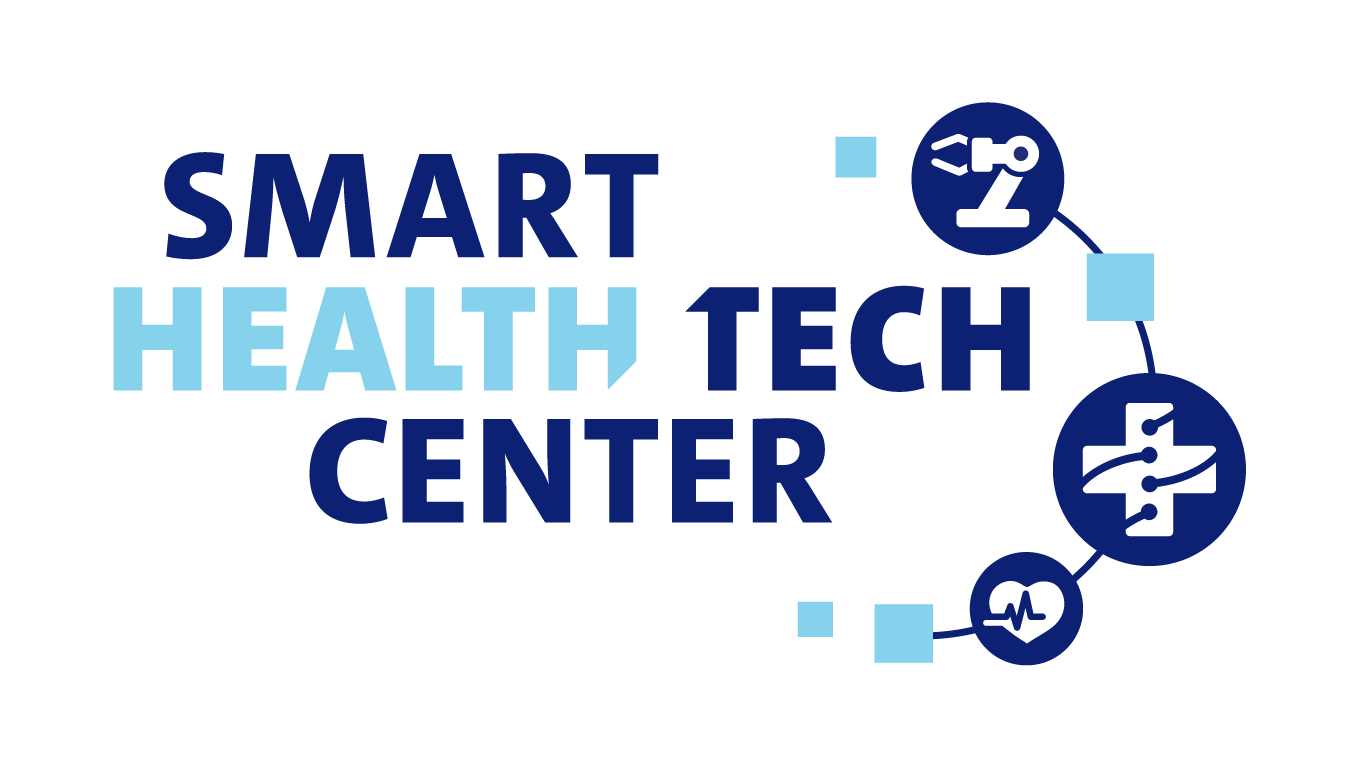Creating a low-risk strategy for rapid and efficient engraftment after hematopoietic stem cell transplantation

Project summary
Creating a low-risk strategy for rapid and efficient engraftment after hematopoietic stem cell transplantation
Hematopoietic stem cell transplantation (HSCT), to treat inherited blood diseases such as sickle cell anaemia and primary immunodeficiencies including X-linked severe combined immunodeficiency (SCID), has proven to be effective for the treatment of hematopoietic disorders. However, current preparation for HSCT carries significant toxicity due to radiation or chemotherapy that put the patient, often at very young age, at high risk of life-threatening infections and toxicity. Therefore, Erasmus MC and Harbour Biomed will develop a low-risk solution by engineering and pre-clinically testing of antibodies that rapidly and transiently prepare the bone marrow of patients for HSCT without toxicity.
The improved HSCT protocol will enhance the quality of life of a large group of patients. This novel approach is also needed to make the upcoming clinically safe genome editing tools that are currently in development for the generation of genetically corrected autologous hematopoietic stem cells successful. In 2030, the share of people with a chronic illness that prefers to participate in society is increased by 25%. In addition, the life-long health care cost for primary immunodeficiency patients has been estimated to be $55,000/year. Developing a safe method for corrective autologous HSCT is expected to significantly reduce these costs and greatly reduce comorbidities. Because of reduced hospitalisations patients will be able to attend school and work. Thus health-related productivity losses would be greatly reduced.
Impact
The consortium will develop and optimise novel antibodies to improve bone marrow conditioning prior to HSCT. These antibodies will be thoroughly tested in the laboratories for proper functionality. Completion of these studies will poise to be ready to test a novel approach in clinical studies.
At the end of the project, the consortium expects to have an optimal low-risk antibody-mediated method for bone marrow conditioning prior to HSCT. Next, this antibody
More detailed information
Principal Investigator:
Role Erasmus MC:
Coördinator
Department:
Immunology
Project website:
Not available
Funding Agency:
Health~Holland



